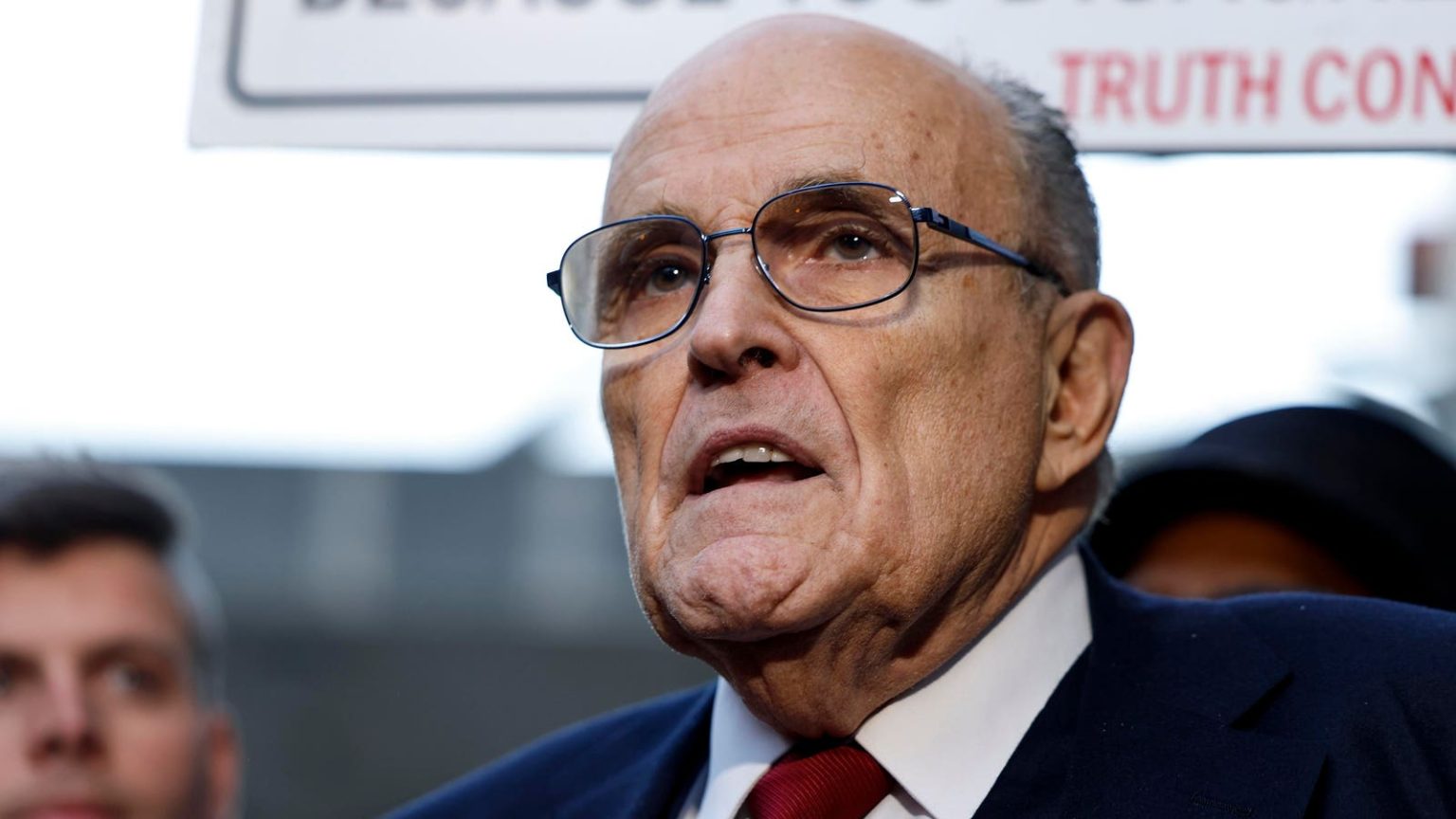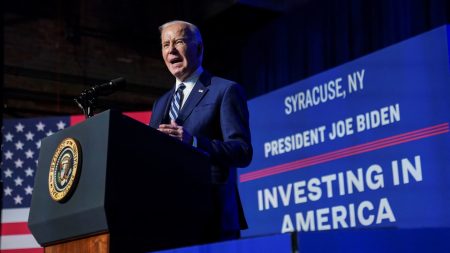The federal judge’s decision to reject Rudy Giuliani’s request to reverse a defamation judgment and order him to pay $148 million to two Georgia election workers has sparked controversy and debate. The ruling from District Judge Beryl Howell upheld a jury’s verdict that found Giuliani had defamed Ruby Freeman and Wandrea “Shaye” Moss, causing them emotional stress and warranting punitive damages. Giuliani’s lawyers had filed a motion in February seeking to reverse the decision or grant a new trial, but Howell found their arguments lacking. Giuliani and his spokesperson have criticized the judge’s decision, accusing her of putting partisan politics ahead of justice.
In December, a jury found Giuliani guilty of defaming Freeman and Moss by spreading a false conspiracy theory linking them to election fraud. The mother and daughter sued him in 2021, claiming he orchestrated a smear campaign against them that led to threats and harassment. The theory alleged that they were involved in rigging the vote count against then-President Donald Trump by passing a USB port to each other, which they testified was actually a mint. The Georgia secretary of state deemed the conspiracy false and unsubstantiated. Following the jury’s ruling, Giuliani filed for bankruptcy, which temporarily paused the civil litigation and allowed him time to appeal the judgment. His spokesperson defended the bankruptcy filing, stating that Giuliani would not have been able to pay such a high punitive amount.
Giuliani and his legal team had hoped that the court would reverse its decision or grant a new trial, citing issues such as the time-barred emotional harm statements and lack of competent evidence of distress. However, Judge Howell found their arguments unconvincing and upheld the original verdict. Giuliani and his spokesperson have expressed their intention to appeal the decision to the D.C. Circuit Court, where they believe a fair hearing will result in the damages being reversed. The case highlights the ongoing legal battles surrounding the 2020 election and the consequences of spreading false information.
The defamation case against Giuliani has attracted national attention due to his prominent role as an attorney for former President Trump and his involvement in spreading false claims of election fraud. The judgment against him serves as a warning to others who engage in spreading misinformation and false conspiracy theories that can harm individuals and undermine the integrity of the electoral process. The decision to uphold the massive defamation judgment against Giuliani sends a strong message about accountability and the consequences of irresponsible actions in the public sphere.
The legal battle between Giuliani and the Georgia election workers is likely to continue as the former Trump lawyer pursues an appeal in hopes of overturning the judgment. The outcome of this case could have broader implications for future defamation lawsuits and the use of false information in the public discourse. As the legal process unfolds, the debate over accountability, freedom of speech, and the responsibilities of public figures will continue to be a topic of discussion. The ramifications of this case could impact how individuals and media outlets handle and verify information in the future, emphasizing the importance of accuracy and accountability in public discourse.















